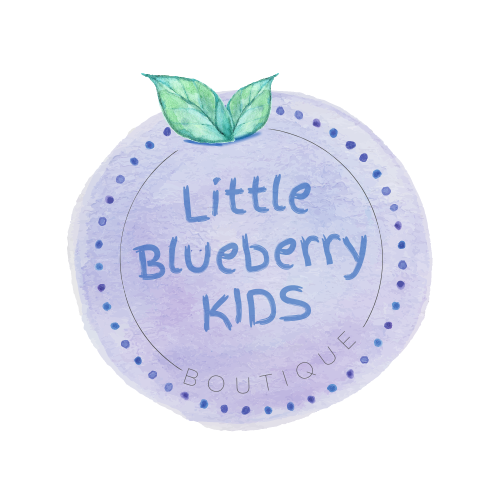Nurturing Emotional Intelligence in Children: Strategies and Activities for Eco-Friendly Living
In today’s rapidly changing world, it is crucial to equip children with emotional intelligence skills to cultivate empathy, resilience, and a sense of environmental consciousness. By incorporating eco-friendly practices into their daily lives, children can not only develop emotional intelligence but also contribute to a sustainable future. This article explores strategies and activities that promote emotional intelligence while embracing an eco-friendly lifestyle.
One of the essential strategies to nurture emotional intelligence in children is to cultivate empathy towards nature and all living beings. Engaging children in nature-based activities, such as gardening, hiking, or animal observation, helps foster a sense of connection and compassion for the environment. Encourage children to explore eco-friendly hobbies like recycling, reducing waste, and conserving energy. Doing so develops an understanding of the broader impact their actions have on the planet, promoting a more empathetic outlook.
Another vital aspect of emotional intelligence is teaching children about the importance of emotional self-awareness and regulation. Encourage open conversations about their emotions, emphasizing the positive impact that eco-friendly choices can have on their well-being and the environment. Create a safe space for children to express their concerns about ecological issues, allowing them to develop a sense of agency and proactivity in finding solutions.
Incorporating eco-friendly activities into their daily routines can be an effective way to instill emotional intelligence in children. Encourage them to participate in recycling or composting, teaching them about the significant role these practices play in reducing waste and conserving resources. Engage them in eco-conscious crafts using recycled materials, fostering creativity and resourcefulness.
Practicing mindfulness is another strategy to nurture emotional intelligence and a sense of eco-friendly living. Teach children the importance of being present in the moment and appreciating the natural world around them. Take them on outdoor meditation sessions, encouraging them to observe their surroundings and recognize the beauty and interconnectedness of nature. This practice helps children develop emotional resilience and a deep understanding of the environment.
Designing family activities centered around eco-friendly living can be both educational and enjoyable. Organize tree planting events, beach clean-ups, or community gardens to cultivate a sense of responsibility towards the environment. Encourage children to participate in environmental awareness campaigns or engage in projects that promote sustainable practices, enabling them to develop leadership skills and a sense of social responsibility.
In conclusion, nurturing emotional intelligence in children through eco-friendly living is essential to creating a better future. By incorporating strategies and activities that promote empathy, self-awareness, and mindfulness, children can develop a deep connection with the environment and a sense of responsibility towards its welfare. Encourage children to engage in eco-friendly practices and provide opportunities for them to actively contribute to sustainable initiatives. Through these efforts, we can raise empathetic and environmentally conscious individuals who will strive to make a positive impact on the world.
************
Want to get more details?
Little Blueberry Kids
https://www.littleblueberrykids.com/
2013547928
Sustainable, Eco-friendly, Ethically produced baby and kids products in small batches by women owned brands

